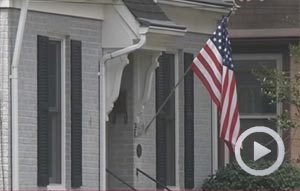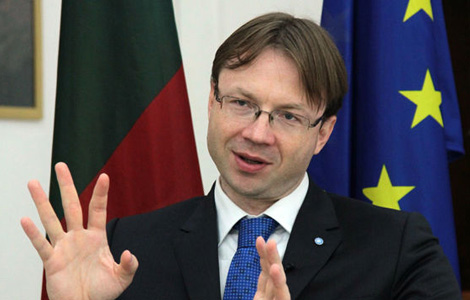All is fare as commuters pay more for taxis
Updated: 2013-07-17 07:47
By Cao Yin and Zheng Xin (China Daily)
|
||||||||
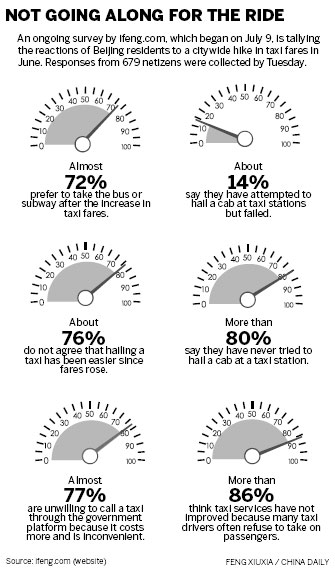
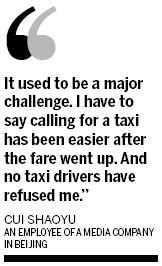
People seek alternate modes of transportation to get around city
Increased taxi fares have been a hot topic since they were introduced at the beginning of June.
Some passengers are finding it easier to hail a cab on the capital's streets, although the fare hike has caused some disgruntlement.
Cui Shaoyu, 25, works for a media company and proudly recalls how she easily grabbed a taxi recently at a notorious waiting spot.
Normally there are long lines outside Beijing West Railway Station, an area where tens of thousands of people come and go every day, she said.
But one day, after the fare increased, she got a taxi without any problem.
"It used to be a major challenge. I have to say calling for a taxi has been easier after the fare went up," she said. "And no taxi drivers have refused me."
However, she told China Daily that the fare hike has hit her pocket.
The previous fare from her workplace east of the Third Ring Road to the Military Museum in Haidian district was 50 yuan ($8) for the 17 km journey during evening rush hour.
Now it is 65 yuan.
"When I watch the rising fare on the electronic display, I am worried."
Zhang Fa, 26, who works for the Capital Library, has decided not to use taxis anymore.
"There are more empty taxis on the streets now but they are more expensive.
"You really notice it when you are stuck in congestion," she said.
Zhang has taken the underground option on the subway.
Traffic congestion remains a major problem.
It is a daily struggle for Wang Xiaorui, 30, to get from home in the Tongzhou district to work near the Fourth Ring Road.
"The rising taxi fare may have resulted in more people driving, so the roads are more crowded," she complained. She is opting for buses and walking.
It is not just some passengers that are disgruntled. One taxi driver said his income has not improved despite the fare hike.
Jia Xuesong drives for the Jinshishun company and said his income has decreased and he has to work harder.
"Passenger numbers have dropped. Before the fare hike, I could get 20 trips a day, but now the number has gone down to 15," he added.
Liu Jinxin, another taxi driver from Chang Huade Cab Services Co, also said his passenger volume has decreased.
"Maybe passengers still need time to adjust to the higher fare," he said.
"My income has increased a little but not by much."
Wang Limei, secretary-general of the China Road Transport Association, said governments in other countries invest more in public transportation.
Duan Jinyu, an expert with the city planning department at Tsinghua University, thinks taxis can be defined as public transportation, although at a higher level than buses.
This would allow for a coordinated and integrated approach to all types of public transportation in the capital.
Contact the writers at caoyin@chinadaily.com.cn and zhengxin@chinadaily.com.cn
(China Daily USA 07/17/2013 page5)
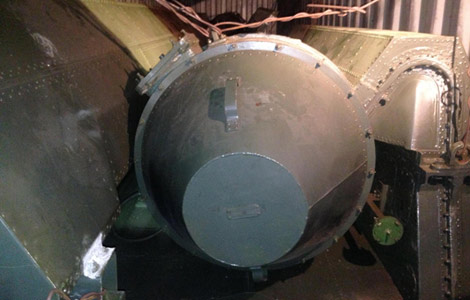
 Panama finds 'missile equipment' aboard DPRK ship
Panama finds 'missile equipment' aboard DPRK ship
 Free on his feet
Free on his feet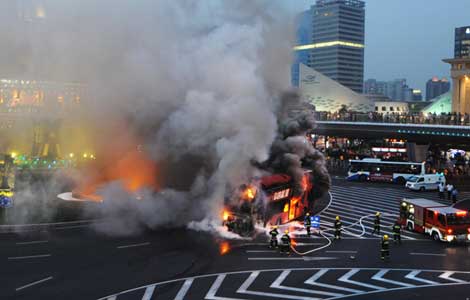
 Extreme heat causing vehicle fires
Extreme heat causing vehicle fires
 Men, you look good in slim elegant cut
Men, you look good in slim elegant cut
 Luxury dresses in plastic
Luxury dresses in plastic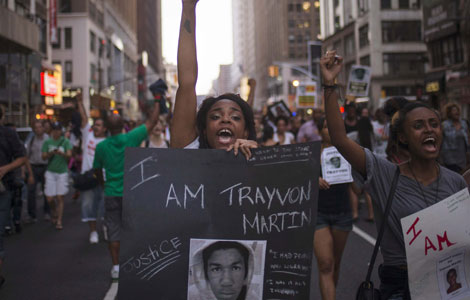
 Obama urges restraint amid protests
Obama urges restraint amid protests
 Putin wants Snowden to go, but asylum not ruled out
Putin wants Snowden to go, but asylum not ruled out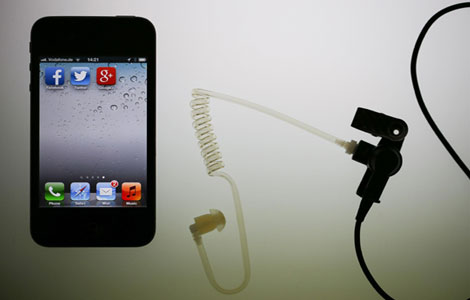
 Apple to probe death of Chinese using charging iPhone
Apple to probe death of Chinese using charging iPhone
Most Viewed
Editor's Picks

|

|

|

|

|

|
Today's Top News
GM's sales up 4% on strong US, China demand
China's US Treasury holdings hit record
New visa law offers lifeline to foreigners
Asiana crash passengers sue Boeing
Li highlights economic restructuring
Merkel's rivals go on attack over US spying
'Missile equipment' found aboard DPRK ship
Egypt's interim govt takes oath
US Weekly

|

|
